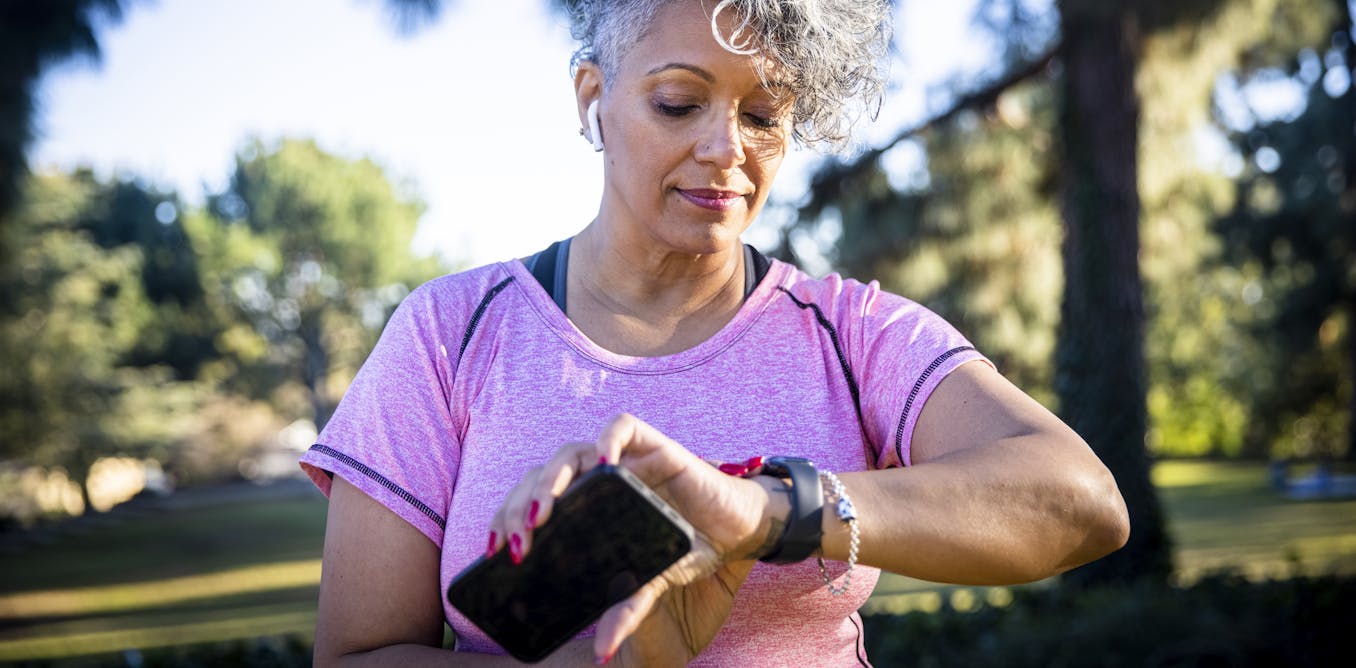PEOPLE with type 2 diabetes who make a simple diet change may be able to stop taking medication, a new study has suggested.
The diet has been shown to improve beta-cell function, which in turn can help can help diabetes by controlling blood sugar levels.
3

3
American researchers found a low-carbohydrate diet could help reverse type 2 diabetes – a common condition that affects around one in 15 of the world’s population.
It most often develops in people aged 45 or older, but more and more children, teens and young adults are also developing the disease, according to the study published online by The Journal of Clinical Endocrinology and Metabolism.
The researchers explained beta-cells are endocrine cells in the pancreas that produce and release insulin, the hormone that controls blood sugar levels.
People with type 2 diabetes have a compromised beta-cell response to blood sugar, possibly due in part to eating too many carbs.
Doctors say beta-cell failure or insufficiency on top of insulin resistance is responsible for the development and progression of type 2 diabetes.
Study lead author Professor Barbara Gower, of the University of Alabama, said: “This study shows people with type 2 diabetes on a low-carbohydrate diet can recover their beta-cells, an outcome that cannot be achieved with medication.
“People with mild type 2 diabetes who reduce their carbohydrate intake may be able to discontinue medication and enjoy eating meals and snacks that are higher in protein and meet their energy needs.”
The research team gathered data from 57 adults with type 2 diabetes, half on a low-carb diet and the other half on a high-carb diet, and examined their beta-cell function and insulin secretion at the outset and after 12 weeks.
All of the participants’ meals were provided.
People on the carb-restricted diet ate 9 per cent carbohydrates and 65 per cent fat, while those on the high-carb diet ate 55 percent carbohydrates and 20 per cent fat.
The team found those on a low-carb, compared to a high-carb, diet saw improvements in the acute and maximal beta-cell responses that were two-fold and 22 per cent greater, respectively.
Black participants on a low-carb diet saw 110 per cent greater improvements in the acute beta-cell response, while white adults had improvements in the maximal beta-cell response that were 48 per cent greater than their respective counterparts on the high-carb diet.
Prof Gower added: “Further research is needed to determine if a low-carbohydrate diet can restore beta-cell function and lead to remission in people with type 2 diabetes.”
Best way to put type 2 diabetes into remission
Type 2 diabetes can be put into remission with weight loss, according to Diabetes UK.
The charity says it’s most likely to happen if you lose weight as soon as possible after your diabetes diagnosis.
There is evidence that eating a low-calorie diet (800 to 1,200 calories a day) on a short-term basis (around 12 weeks) can lead to significant weight loss and reduce blood sugar levels.
But it’s important to note a low-calorie diet is not safe or suitable for everyone with type 2 diabetes.
So it’s important to get medical advice before going on this type of diet.
Regularly exercising can also help you lose weight and helps lower blood sugar levels.
The NHS recommends you aim for at least 2.5 hours of activity a week.
Type 1 vs type 2 diabetes
There are two main types of diabetes, which causes a person’s blood sugar level to become too high.
Type 1 diabetes is a lifelong condition where the body’s immune system attacks and destroys the cells that produce the hormone insulin.
It affects around 344,000 people in the UK.
Type 2 diabetes on the other hand is far more common, accounting for more than 90 per cent of the 4.4million adults with diabetes.
It occurs when the body doesn’t produce enough insulin, or the body’s cells don’t react to it properly.
There are no lifestyle changes you can make to lower your risk of type 1 diabetes.
But you may be at higher risk of type 2 diabetes if you are overweight or obese, eat unhealthily, have a family history of the condition, take certain medications for a long time, have high blood pressure, and have had gestational diabetes during pregnancy.
People of Asian, Black African or African Caribbean origin are also at increased risk.
Source: NHS and Diabetes UK

3




